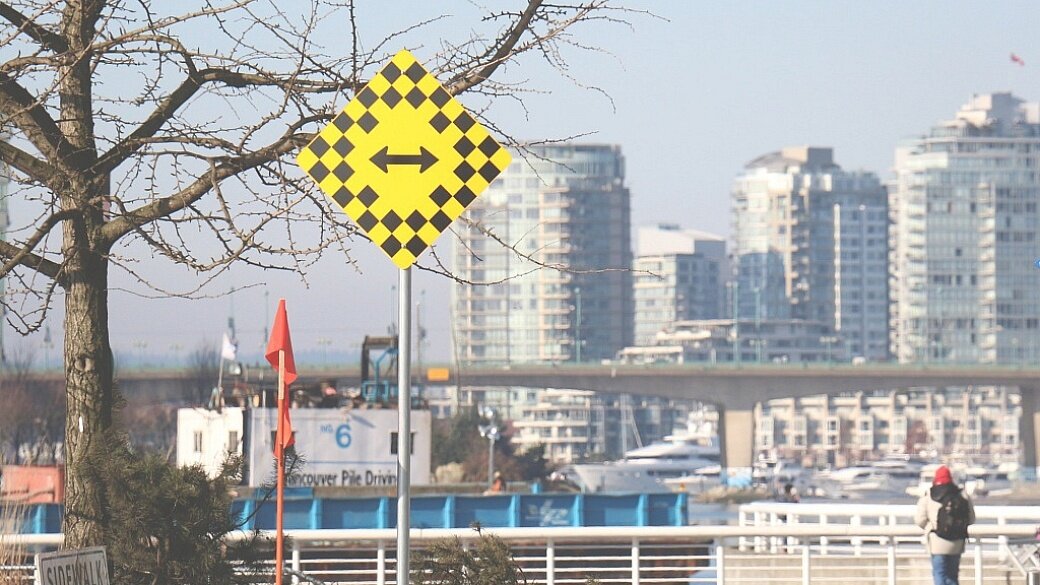With contributions from Ash Kelly, Colleen Kimmett, Nelly Bouevitch and Christine McLaren
Part 8
With few options left on the table to fund essential transportation expansion, is road pricing in Metro Vancouver’s future?
The Mayors’ Council plan laid out four possible funding mechanisms to raise revenue needed to maintain and expand Metro Vancouver’s transportation system in anticipation of 43 per cent projected population growth over the next 30 years: a hike in provincial sales tax, a portion of carbon tax redirected to transportation, a vehicle registration levy and road pricing. With the B.C. government effectively ruling out using the carbon tax and Metro Vancouver voters resoundingly rejecting a sales tax increase, road pricing is one of the few remaining options.
When speaking to media in response to the referendum results, mayors, including Vancouver’s Gregor Robertson, said that looking to existing revenue sources, such as raising property taxes or transit fares, was not an option. “There’s work underway by TransLink to look at ways that mobility pricing might work and a tolling system that makes sense,” Robertson said, reiterating that this solution would likely take years to implement.
So what is road pricing?
Road pricing is one type of mobility pricing. Like bridge tolls, parking fees and transit fares, mobility pricing makes the people who use the infrastructure pay for its construction and upkeep. By charging drivers for using the road network, road pricing is also used to manage congestion and efficiency by influencing demand.
The Mayors’ Council plan includes very preliminary plans to implement road pricing sometime in the future. While the plan included no details describing what form road pricing would take, it estimated that charging users $0.01 per kilometre driven could generate $100 million in revenue annually.
Although the plans are extremely hypothetical at this point (the whole Mayors’ Council plan is on hold in response to the referendum outcome), any road pricing scheme would also scale back the fuel tax as the system shifted towards a mobility pricing model. This would be a more stable revenue source since gas tax is falling in both absolute and per capita numbers, as vehicles become more and more fuel efficient. Road pricing essentially treats all vehicles the same, no matter how much fuel they consume.
Every cent per kilometre charged for using the road network would generate around the same amount of revenue for the system as six cents per litre in gas tax, according to the plan. With that in mind, use the app below to calculate how much you would pay to drive your commute with different levels of gas tax and mobility pricing compared to the status quo of $0.17 per litre in fuel tax.

